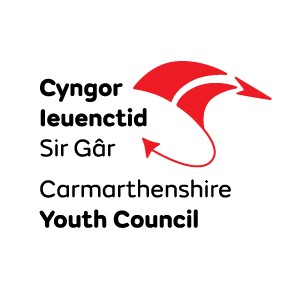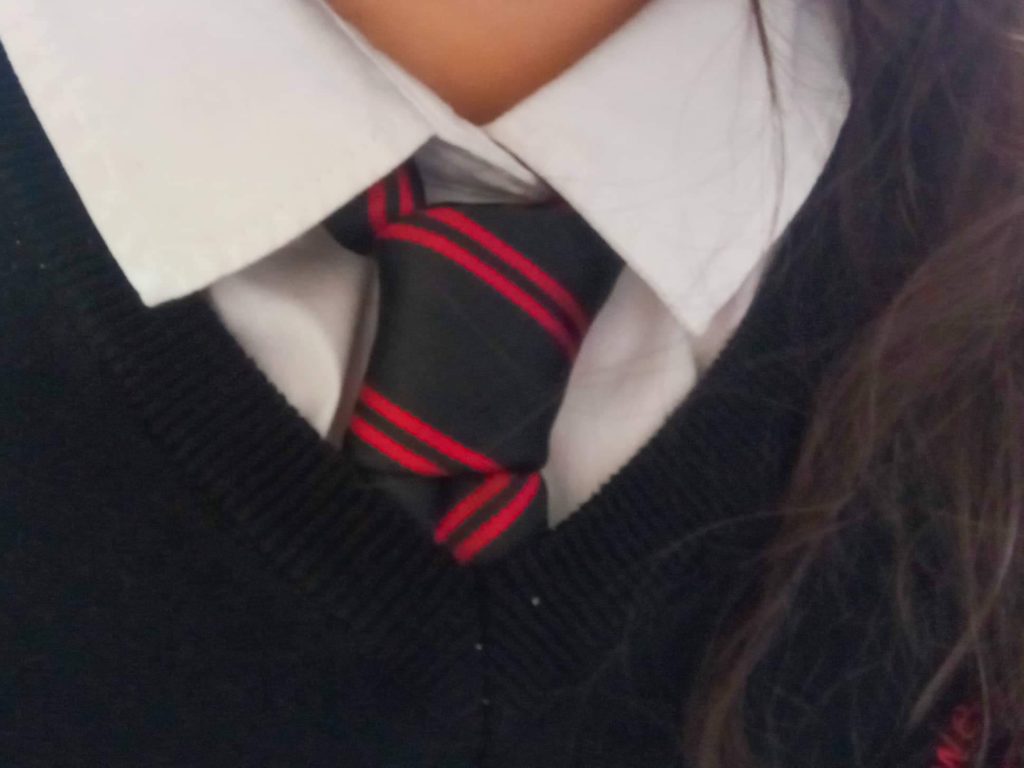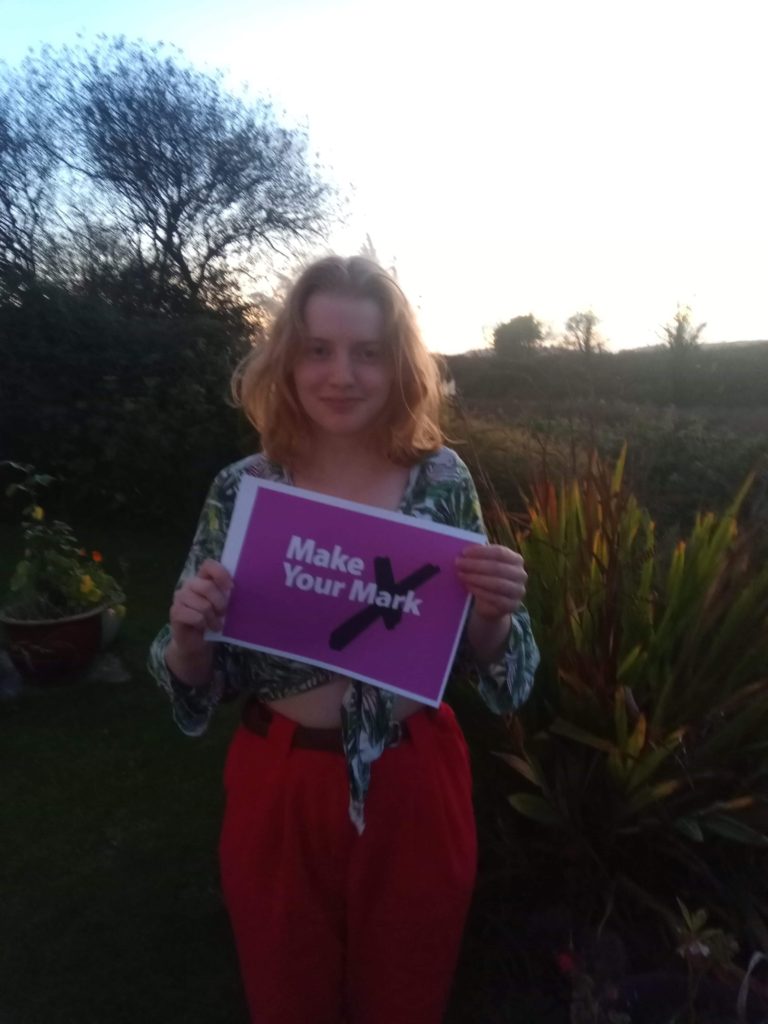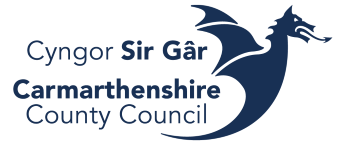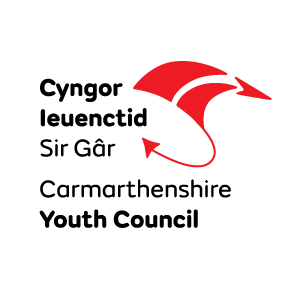
On the 5th of May elections will be held across Wales. An election will be held to elect 60 members of the Senedd to the Welsh Parliament. What’s exciting this time is that 16 and 17 year olds and foreign nationals will be able to vote for the first time in the Senedd election.
The Senedd election is a way of influencing who will represent you and your local community in the Senedd, in Cardiff Bay, for the next 5 years. It is a way of choosing who will run the country and make important decisions that affect your life such as health, the environment, education, Welsh culture and language and much more.
At a Senedd election you will have two ballot papers one for the constituency and one for the region. A constituency is a local area as a County and a region is a larger area. You will need to select one constituency candidate and one political party or independent candidate for the region. In the end after all the counting and calculations you’ll have 5 members of the Senedd representing you (one constituency member and 4 regional members).
But why should I vote:
It allows you to choose representatives who will make decisions on issues that matter to you.
Climate change, Social Justice for Black lives, Independence for Wales, examinations and assessments. These are issues where young people have campaigned hard for the last two years, and whether you believe it or not, voting can have a dramatic impact on how the Senedd and the Government respond. The Welsh Government has more than £20 billion to spend on health, the environment, education, culture and the Welsh language, housing, farming and many more issues.
Without voting you would have no say in who will make these important decisions and who will make sure these decisions are right for Wales.
Politicians need to listen to the views of young people.
Some politicians sometimes use figures on who turns out to vote to create manifestos. If a certain age group like 65+ votes in high figures politicians will come up with policies that favor them as a free bus pass. So, by turning out to vote as young people we can influence future policies and we will benefit.
Usually, more people don’t vote than the people who vote for the winner.
Turnout for Senedd/Assembly elections has been historically low (it has never exceeded 50% nationally – it was 45% in 2016). As a result, the number of non-voters exceeds the number of votes the winning candidate receives or even the candidates’ combined votes.
In my area (Carmarthen West and South Pembrokeshire) 10,355 voted for the successful candidate but 27,867 did not vote. Every vote counts.
People have fought for your vote.
Campaigners within organizations such as the women’s suffrage fought for your vote and even got killed. Campaigners also fought for the 16- and 17-year-old vote. As a matter of respect and a way to commemorate the campaigners, vote!
Voting is important even if you think your candidate can’t win.
It is still important to vote, because if everyone doesn’t vote because they believe that a candidate cannot win then there is no way to make a change.
There are good things that can happen for voting for someone who is not going to win, the most impressive is that the winning candidate can be influenced by a losing candidate. For example, if Candidate A gets a large number of votes due to their stance on the Environment, then the winning Candidate B may try to do more on this issue to persuade you to vote for them next time.
Remember to thoroughly research before casting a vote. And remember that you must register before voting. If you are not already registered use this website, it is very quick and easy to do: https://www.gov.uk/register-to-vote. You must register by the 19 April 2021 or you will lose your voice.
Cai Phillips

